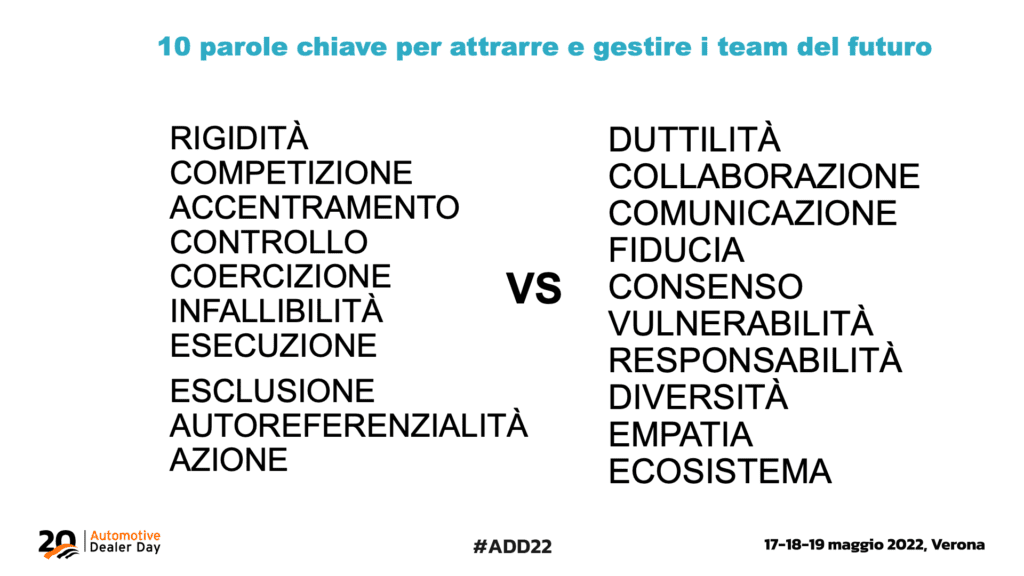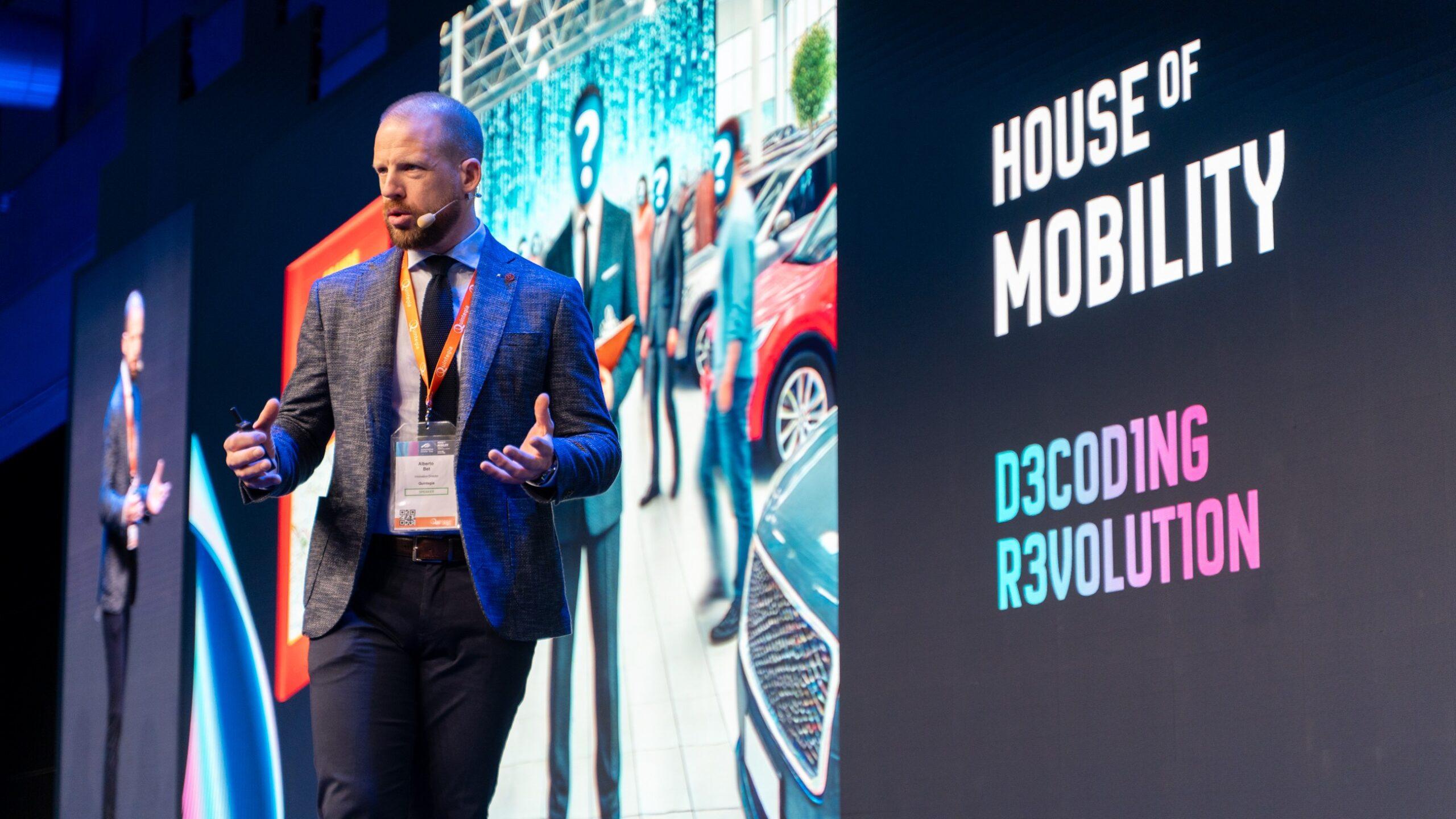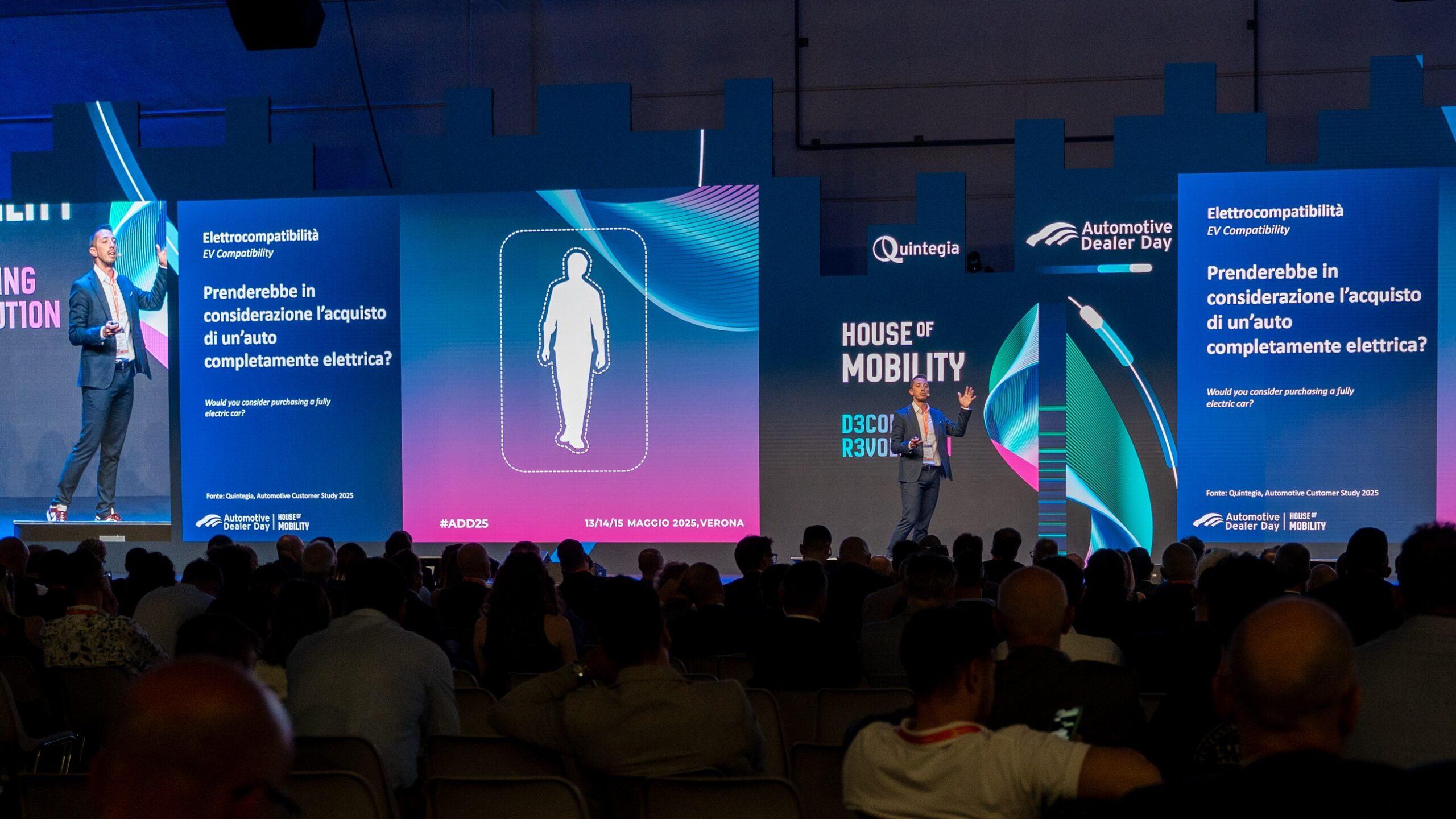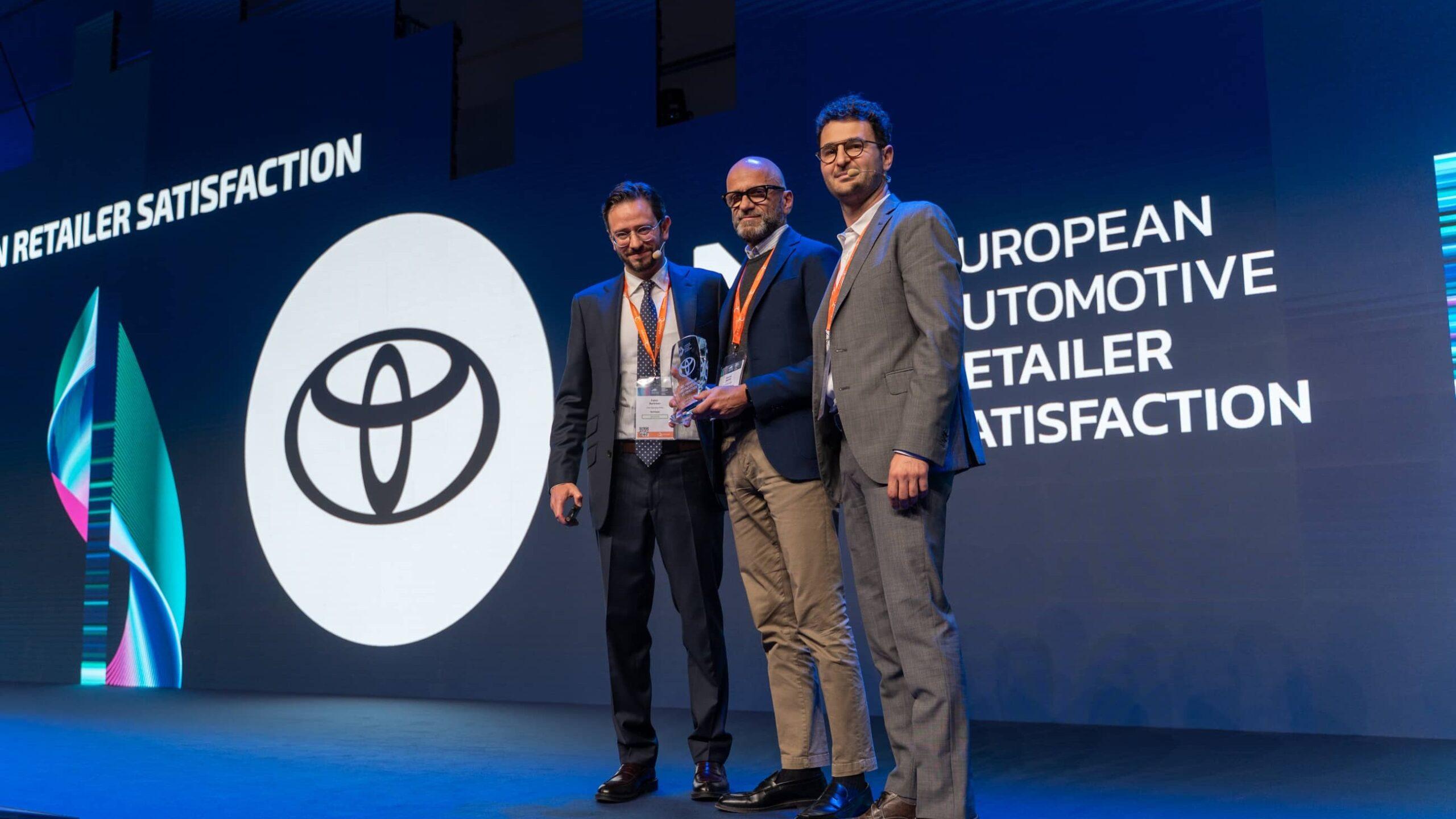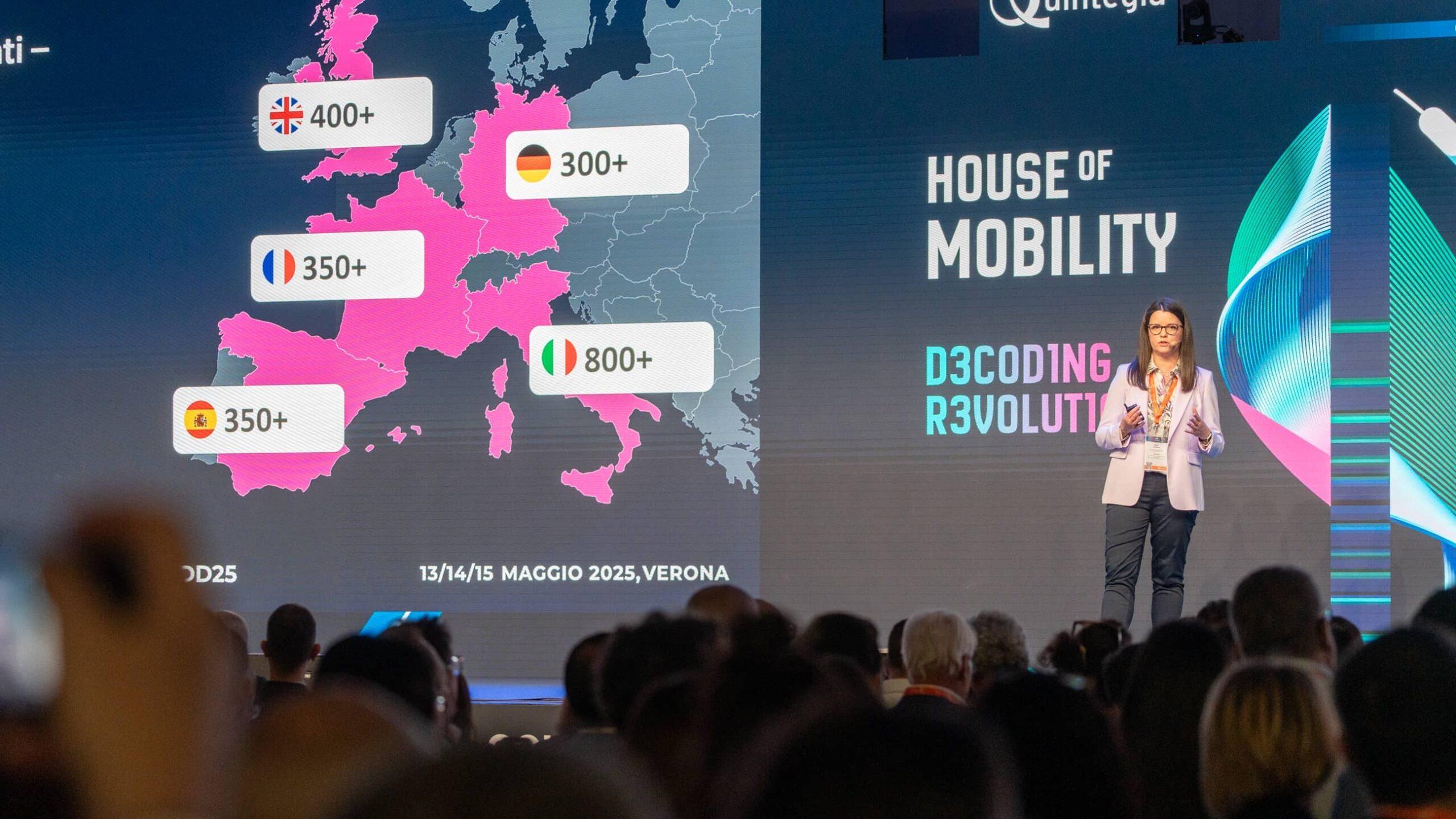Sudden and exponential change in required skills, radical transformation of work methods, the emergence of the need to talk about work in a different way. These are just some of the macro-trends that are reshaping human resource management in companies, turning it into a complex activity that must balance method and empathy, structure and flexibility, goals and motivation. These trends are compounded by other phenomena, such as the spread of automation systems, digitalization of processes, changes in contracts, multi-generational dynamics, and the new geography of work.
If the HR world is changing, so is the automotive world, with trends like electrification and connectivity. The combination of these aspects implies the need for industry operators to requalify their internal skills through up-skilling and re-skilling processes, but also to change their approach to recruitment and selection.
As highlighted by Manuele Piubeni from Centro Porsche Brescia at the Automotive Dealer Day 2022, ‘hard’ skills related to product and process knowledge are taking a backseat, not because they are less important but because they are taken for granted, in favor of the increasing relevance of soft skills that are inherent to humans, such as empathy, listening ability, and relationship-building. Following this logic, Piubeni described how he managed his sales team. Firstly, he introduced many individuals from non-automotive sectors and found that they performed even better than those already within the company, despite having less product knowledge. This is because, during consultations, these salespeople spent less time on presenting the car and much more on creating an empathetic relationship with the customer, demonstrating the importance of establishing an authentic connection with the consumer to finalize the deal. Secondly, he eliminated sales targets, implementing a Stop&Go mechanism to avoid relaxation effects, which reduced stress and a sense of urgency for the salespeople, transferring the idea that the journey is more important than the destination.
Managing an employee today requires evoking emotions based on their specific aptitudes and sensitivities, helping them build relationships within the company and managing these relationships, identifying both significant and minor responsibilities to assign, setting clear objectives, providing feedback, and being transparent. The importance of providing frequent feedback to employees is even more pronounced when it comes to younger generations.
There is a real cultural change among young workers, which can also be attributed to scientific and behavioral factors, as studied by Jared Hamilton of the U.S. company DrivingSales.com. The way nervous and neurological systems develop from birth has changed significantly compared to the past, as children are constantly exposed to stimuli and input. The use of mobile phones and tablets, notifications, videos, and all the new technologies activate dopamine in children’s brains, resulting in overstimulation. The new generations have been exposed to dopamine cycles from birth, which means their brains form and respond to stimuli differently. This is one of the reasons behind the difficulty in communication between older and younger people, even in the workplace. Dopamine is also what motivates people at work, so seniors struggle to motivate juniors because they have different bodies that respond to new inputs. Only by understanding how to trigger these dopamine cycles can one truly stimulate and motivate a young employee.
According to studies, the pandemic has created insecurities, anxieties, and fear, especially in young people, changing their emotional desires. The top four desired characteristics in a workplace today are compensation, work/life balance, flexible hours, and benefits/growth. Regarding salary, it emerges that young people seek greater stability, preferring a higher percentage of fixed salary and a lower percentage tied to variable aspects. Another fundamental aspect of managing younger resources is related to feedback. 87% of younger generations want to know their career path and need to understand the expectations for their growth. Additionally, 66% begin to consider another job after 3 weeks without feedback from their supervisors. Therefore, it is important to schedule regular and frequent reviews to maintain motivation and performance.
It is clear that this scenario requires a change in the mindset of those who select and manage human resources in a company, as succinctly summarized in 10 keywords identified by Silvia Zanella, author and expert in the future of work. A new narrative of work is needed; the employee value proposition must be appealing to talented candidates. We must transition from a rigid approach to a much more flexible and inclusive one. From competition to collaboration, thinking in terms of networking. From centralization to communication, continuously sharing decisions and results. From control to trust, amplified by new agile work methods. From coercion to consent, recognizing that a true leader influences rather than commands. From infallibility to vulnerability, because lately, we have all experienced failures. From execution to responsibility, to increase people’s commitment to projects. From exclusion to diversity, with an eye toward sustainability. From self-reference to empathy, building deep relationships. From action to an ecosystem, to become companies, entrepreneurs, and employees who are more satisfied and happier.
